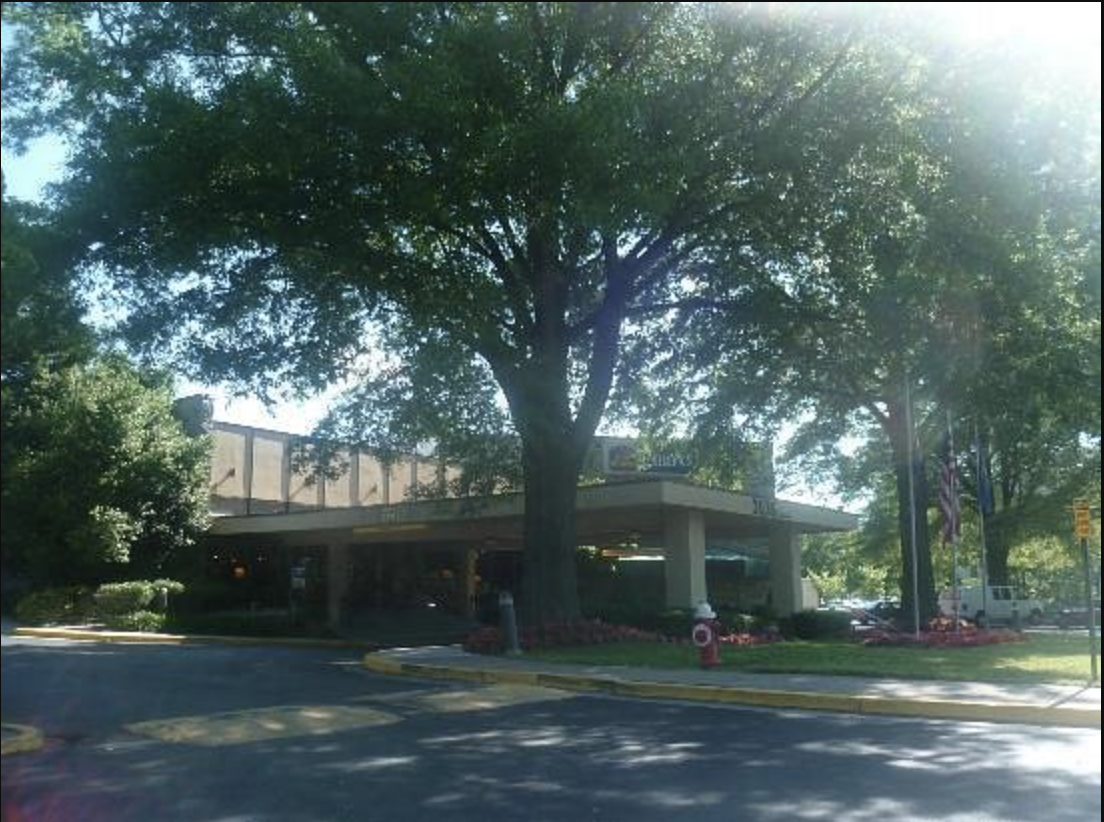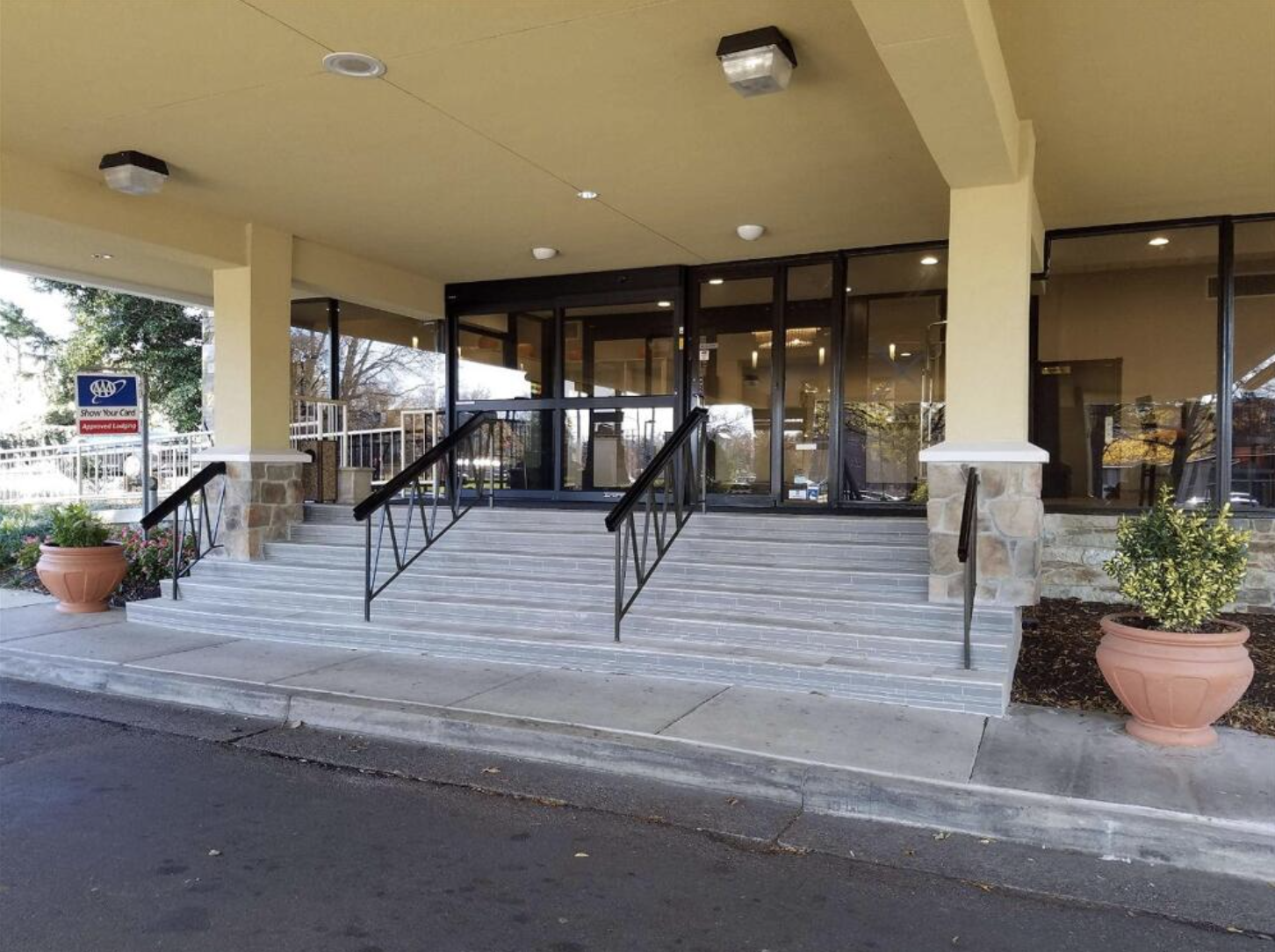Herman Hesse, from "Steppenwolf"
“…As for others and the world around him he never ceased in his heroic and earnest endeavor to love them, to be just to them, to do them no harm, for the love of his neighbour was as strongly forced upon him as the hatred of himself, and so his whole life was an example that love of one’s neighbour is not possible without love of oneself, and that self-hate is really the same thing as sheer egoism, and in the long run breeds the same cruel isolation and despair.”
Diego Rivera - Detail from "The Blood of the Martyrs" at the Chapel at Chapingo, 1926
Rilke, from "Death Experienced"
“…But when you went, a streak of reality
broke in upon the stage through that fissure
where you’d left: green of real green,
real sunshine, real forest.”
Junior Mance - "Before This Time Another Year"
Anselm Kiefer - "der Morgenthau Plan, 2012"
Best Western - Fairfax, VA
From Thoreau's Journals (Oct. 18, 1855)
“I asked myself why I might not be washing some gold daily, though it were only the finest particles, or might not sink a shaft down to the gold within me and work that mine…Pursue some path, however narrow and crooked, in which you can walk with love and reference.”
Three by Henri Rousseau
Tropical Landscape, 1910
The Football Players, 1908
The Snake Charmer, 1907
The Wallflowers - "One Headlight"
Three by Hisako Hibi
A Bathroom, 1945
Topaz Farm Products, 1944
Laundry Room, 1943
Elpenor speaking to Odysseus in Hades
“…fix into the tomb the oar I used
to row with my companions
while I lived…”
Three Paintings by Noah Davis
Mary Jane, 2008
Untitled, 2015
The Missing Link 1, 2013
Wild Pink - "Eating the Egg Whole"
William Eggleston - "Untitled, 1970" (man in bed)
Grateful Dead - "Black-Throated Wind", sung by Bob Weir
Paper Screen of the Plains at Musashino
(from here)
On the Musashi plain
there is no peak
for the moon to enter
white clouds catch in
the tips of the flowers.
- Minamoto Michikata (1189 - 1238)
"Dormition of the Virgin" - Gherardo Starnina, 1404 - 1408
Peter Matthiessen, from "The Snow Leopard"
“From deep in the earth, the roar of the river rises. The rhododendron leaves along the precipice are burnished silver, but night still fills the steep ravines where southbound migrants descend at day to feed and rest. The golden birds fall from the morning sun like blowing sparks that drop away and are extinguished in the dark.”
- October 11
Miki Hayakawa - Two Paintings
One Afternoon (1935)
Untitled (Young Man Playing Ukulele) - 1934 - 1936




